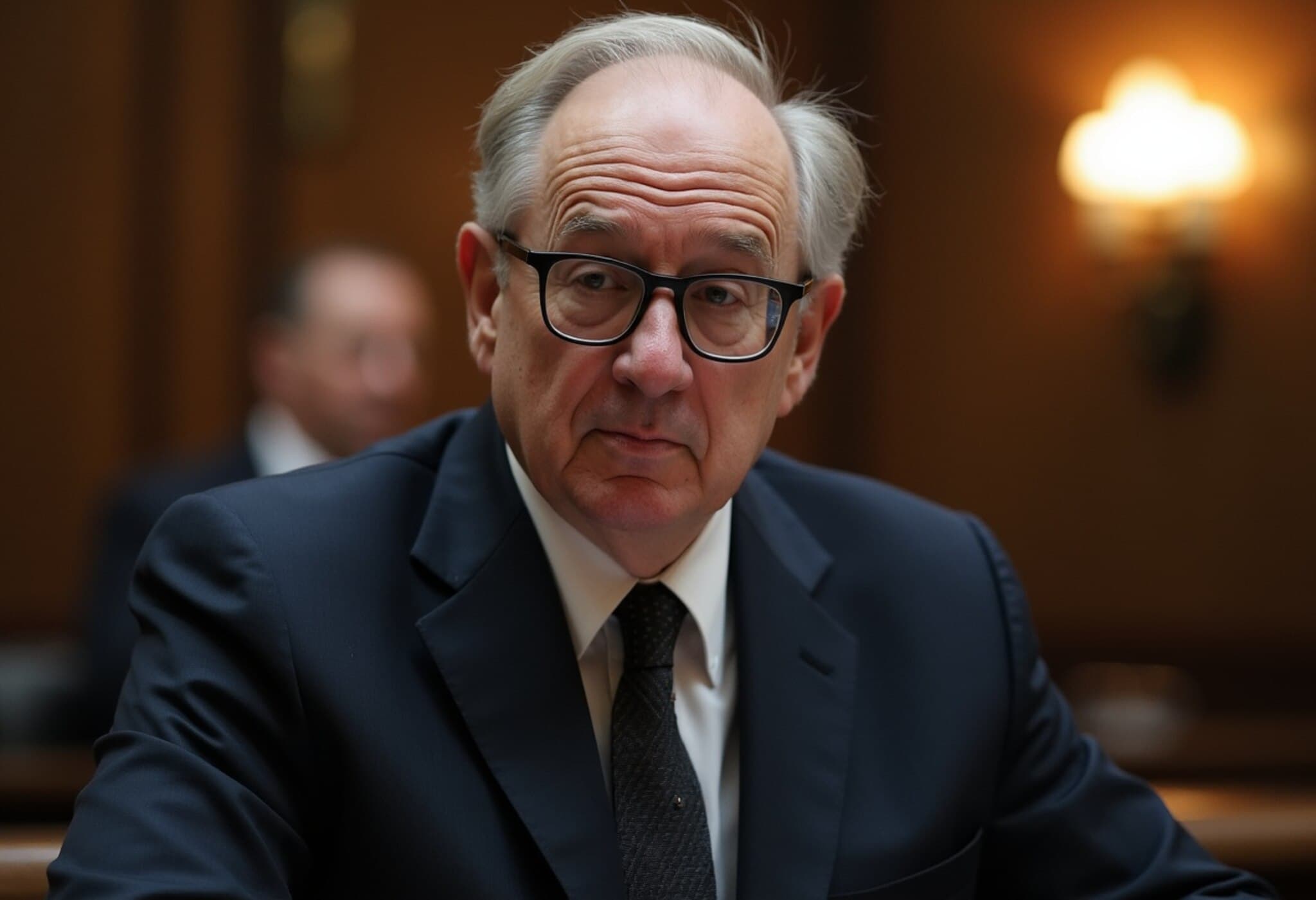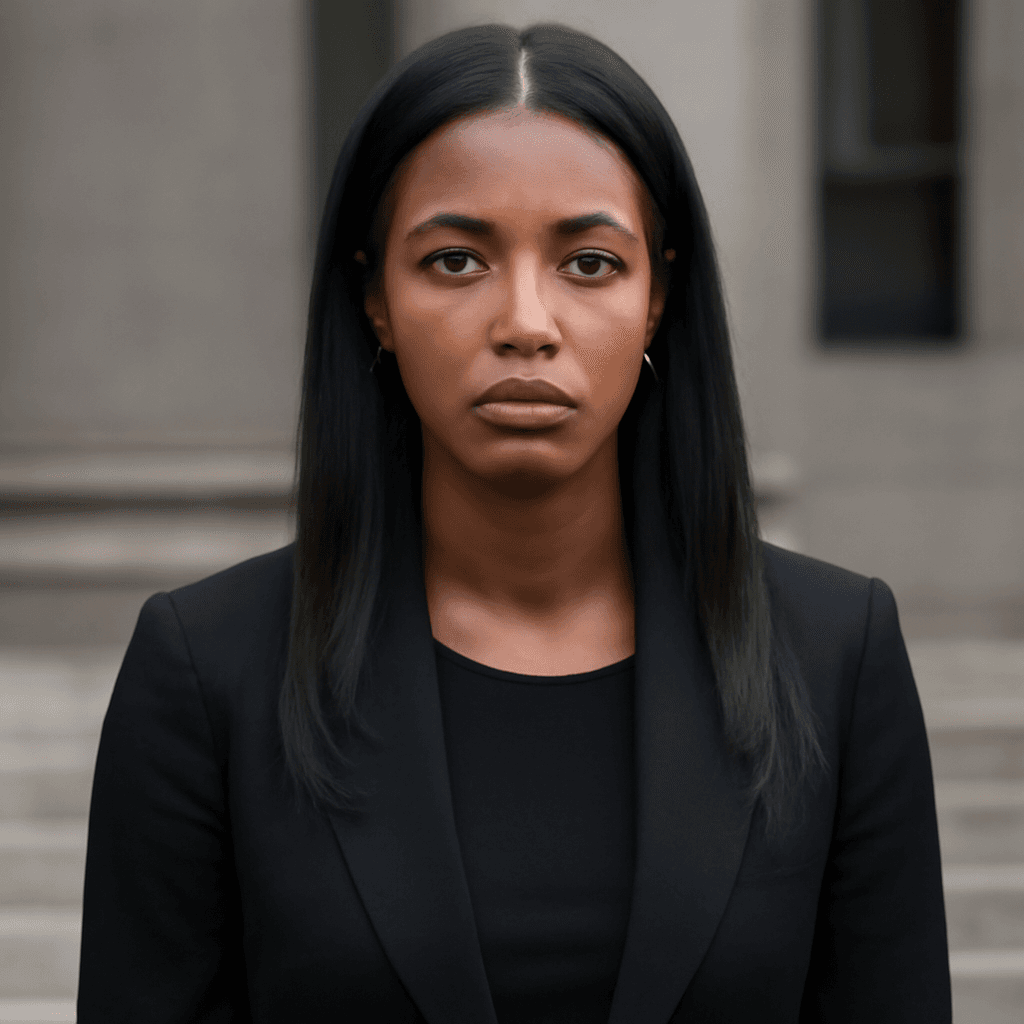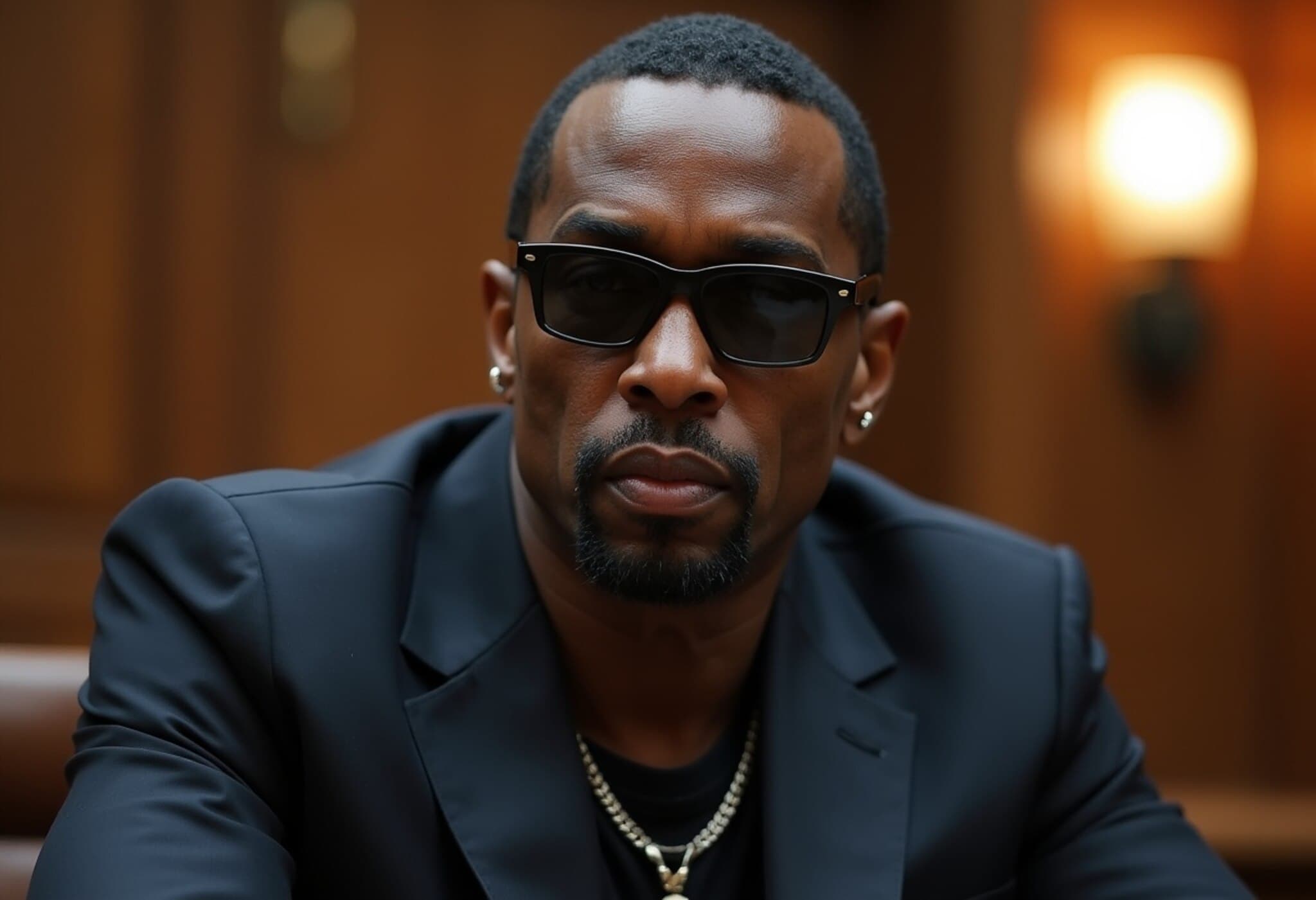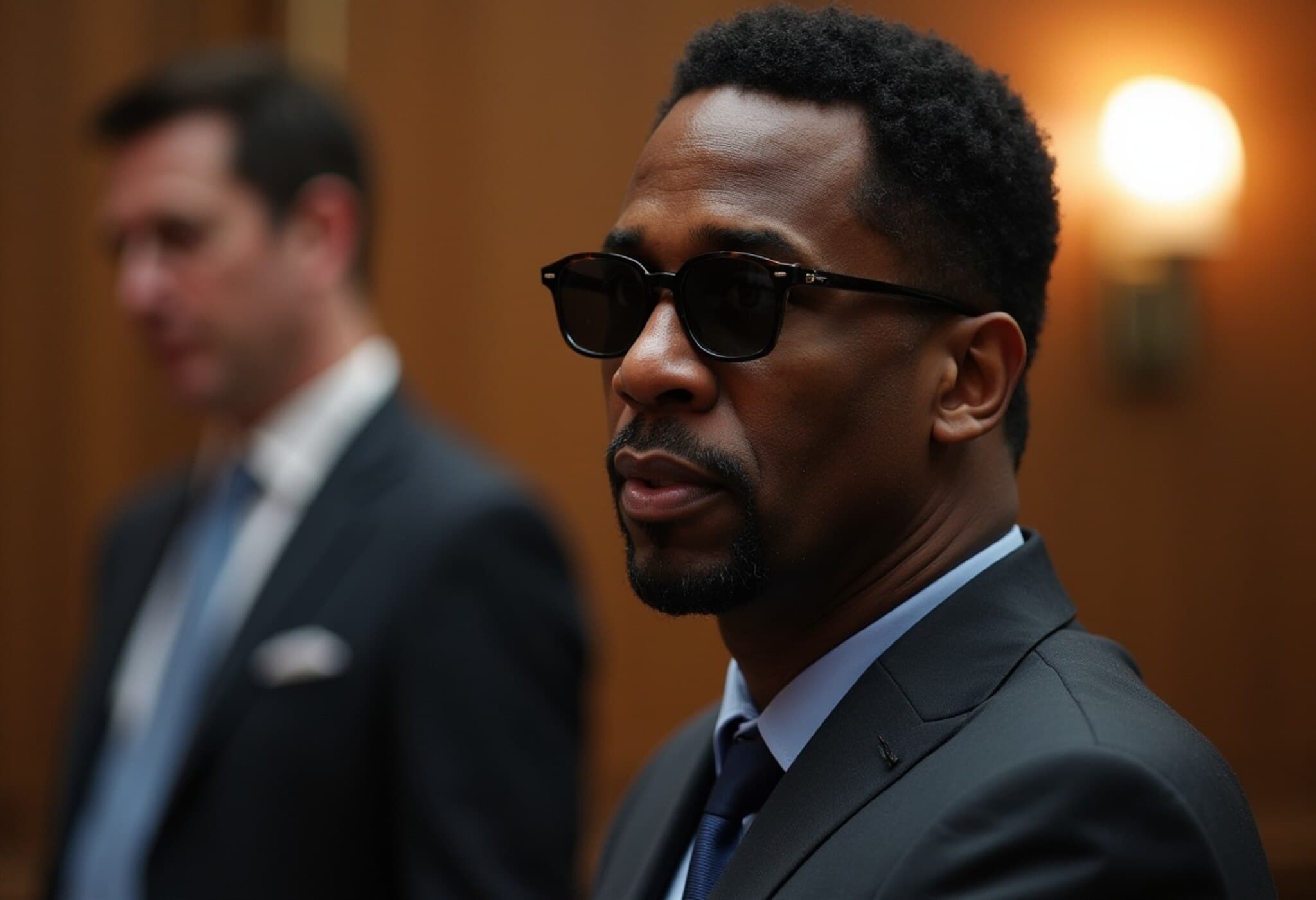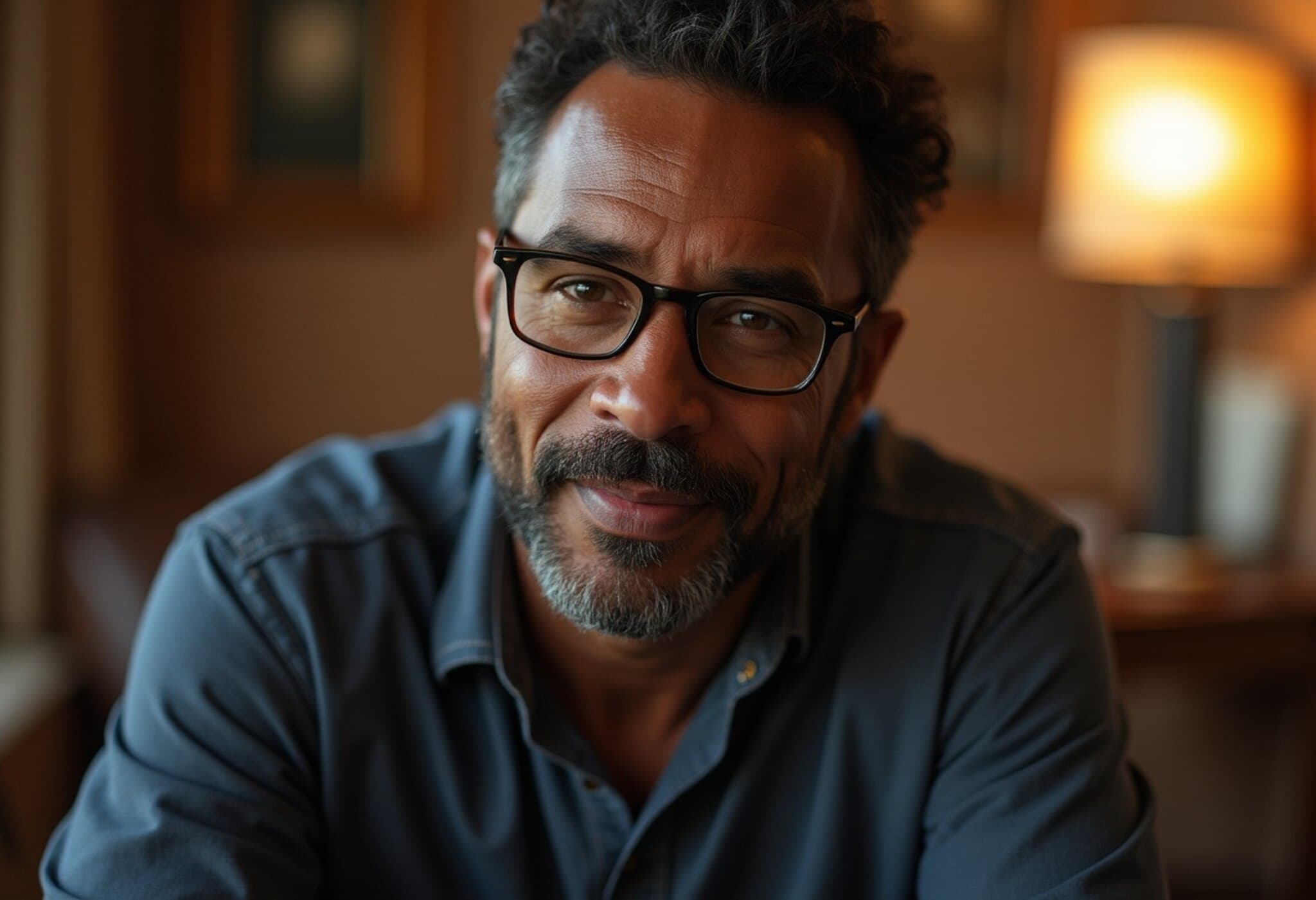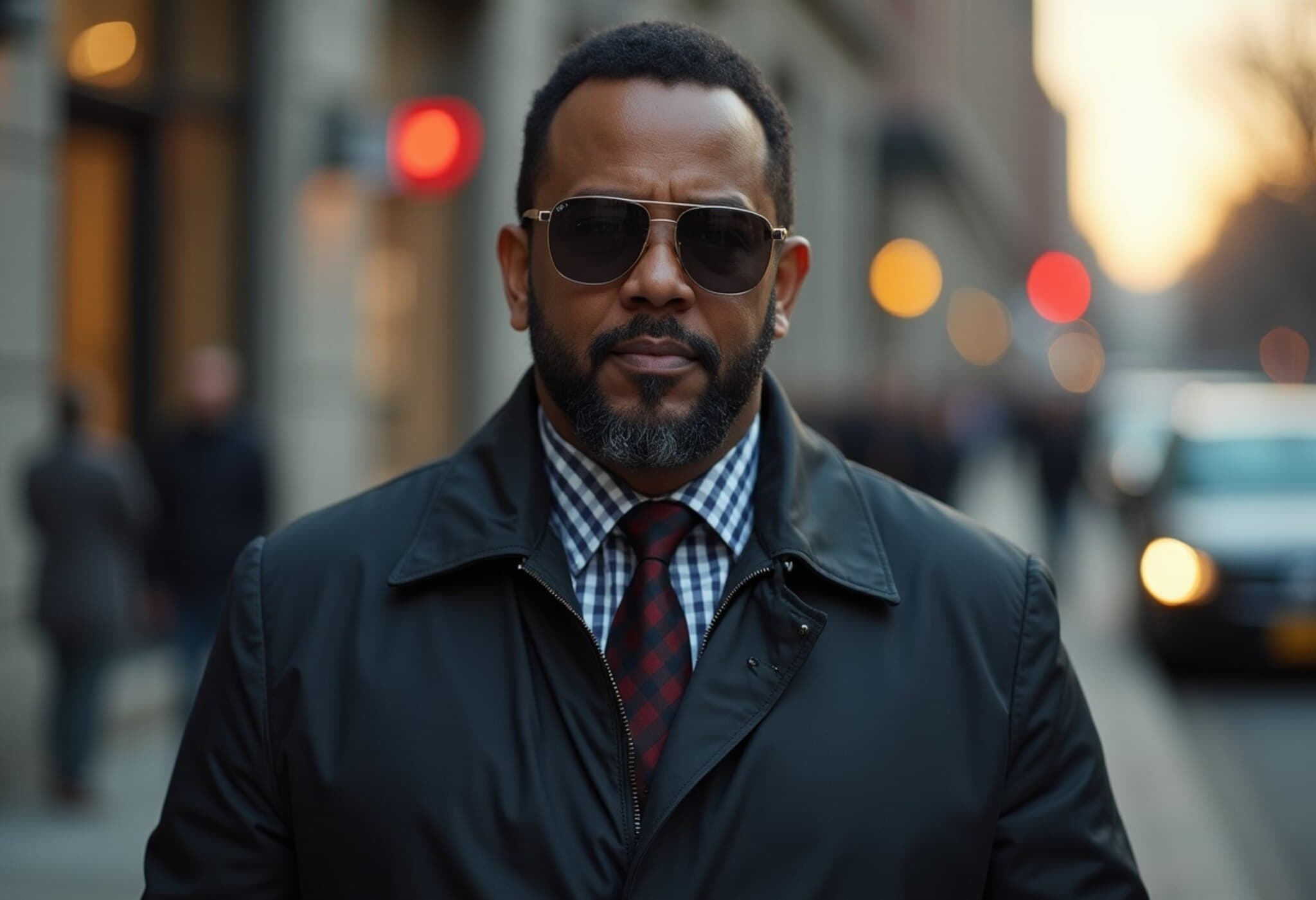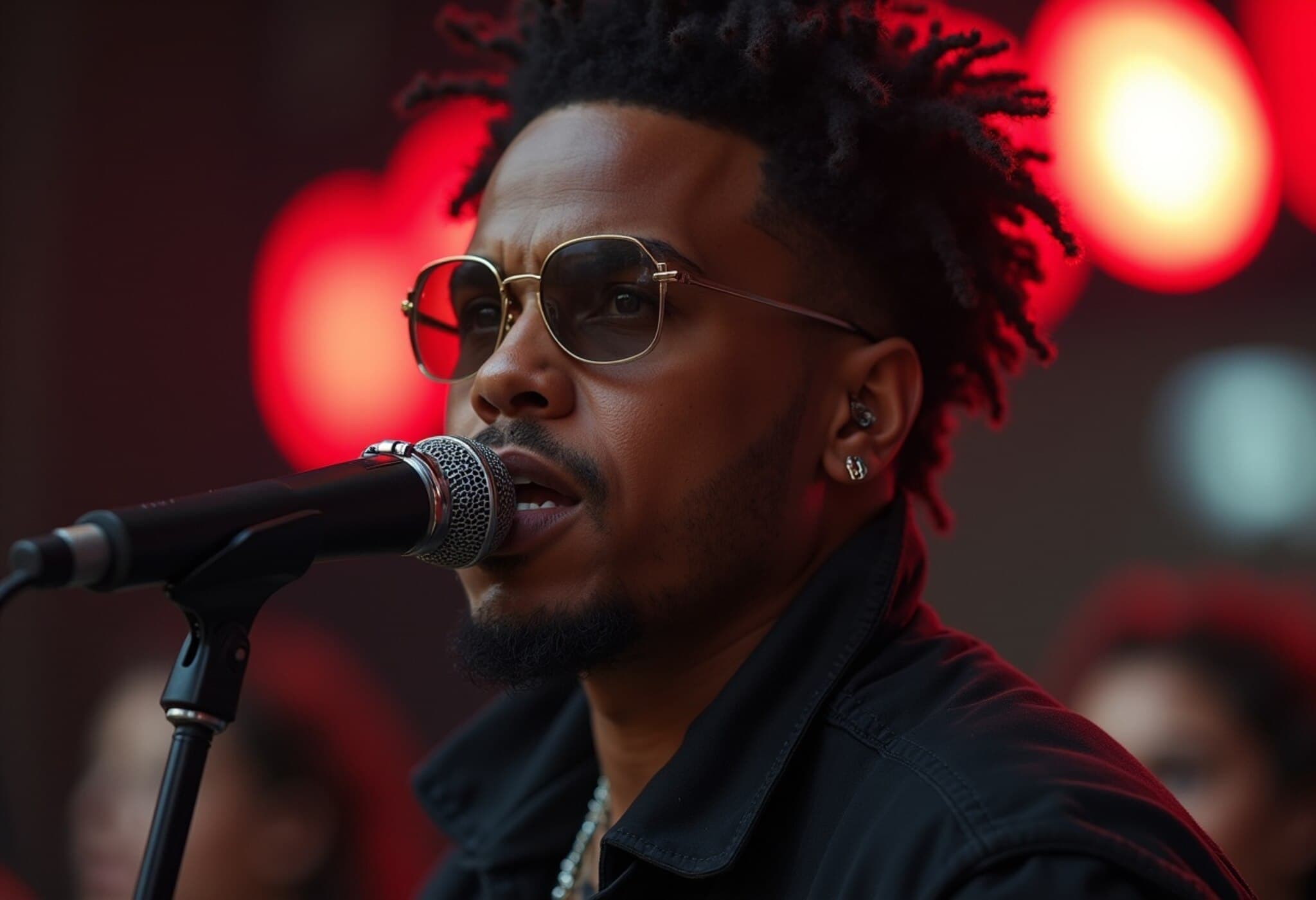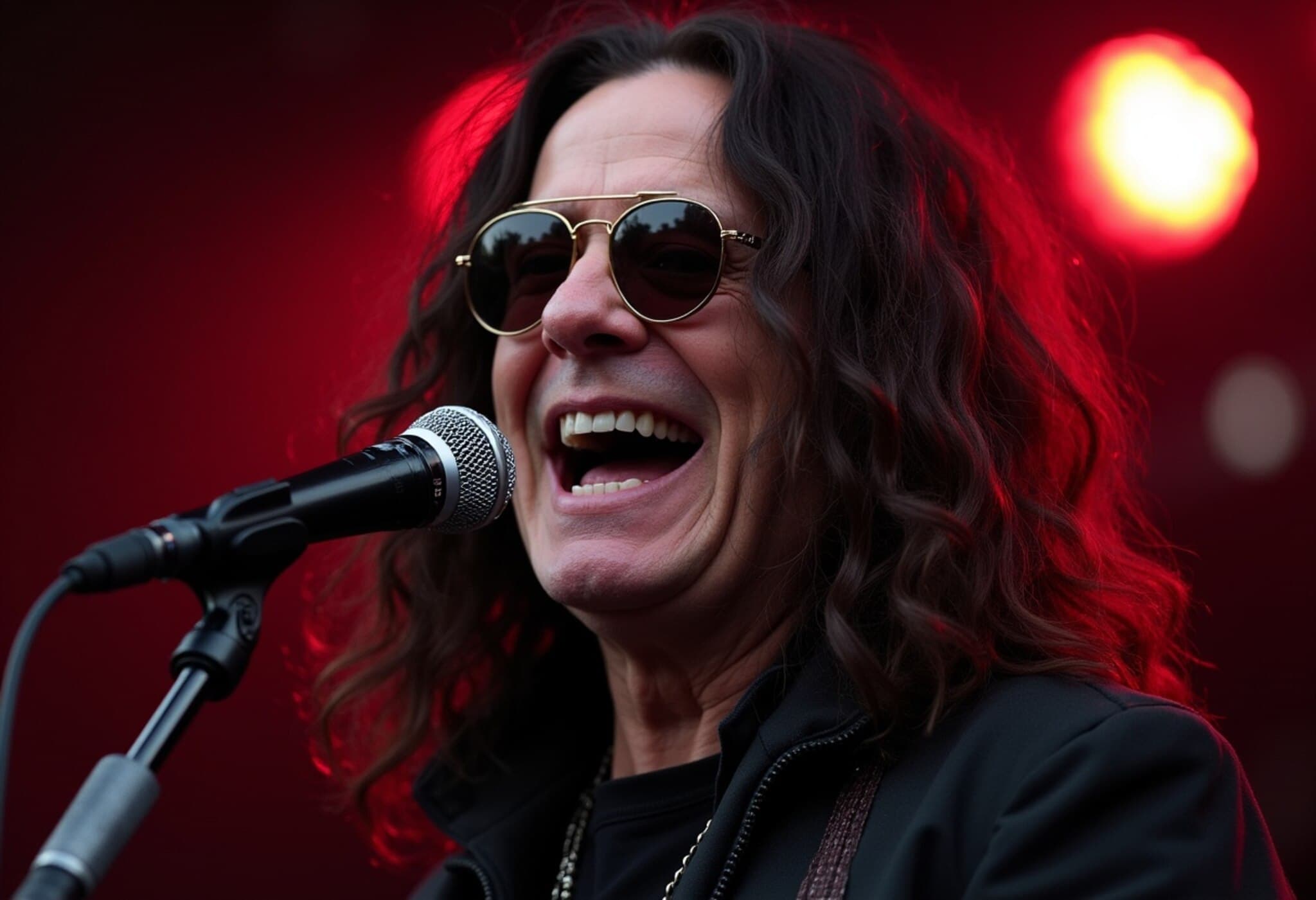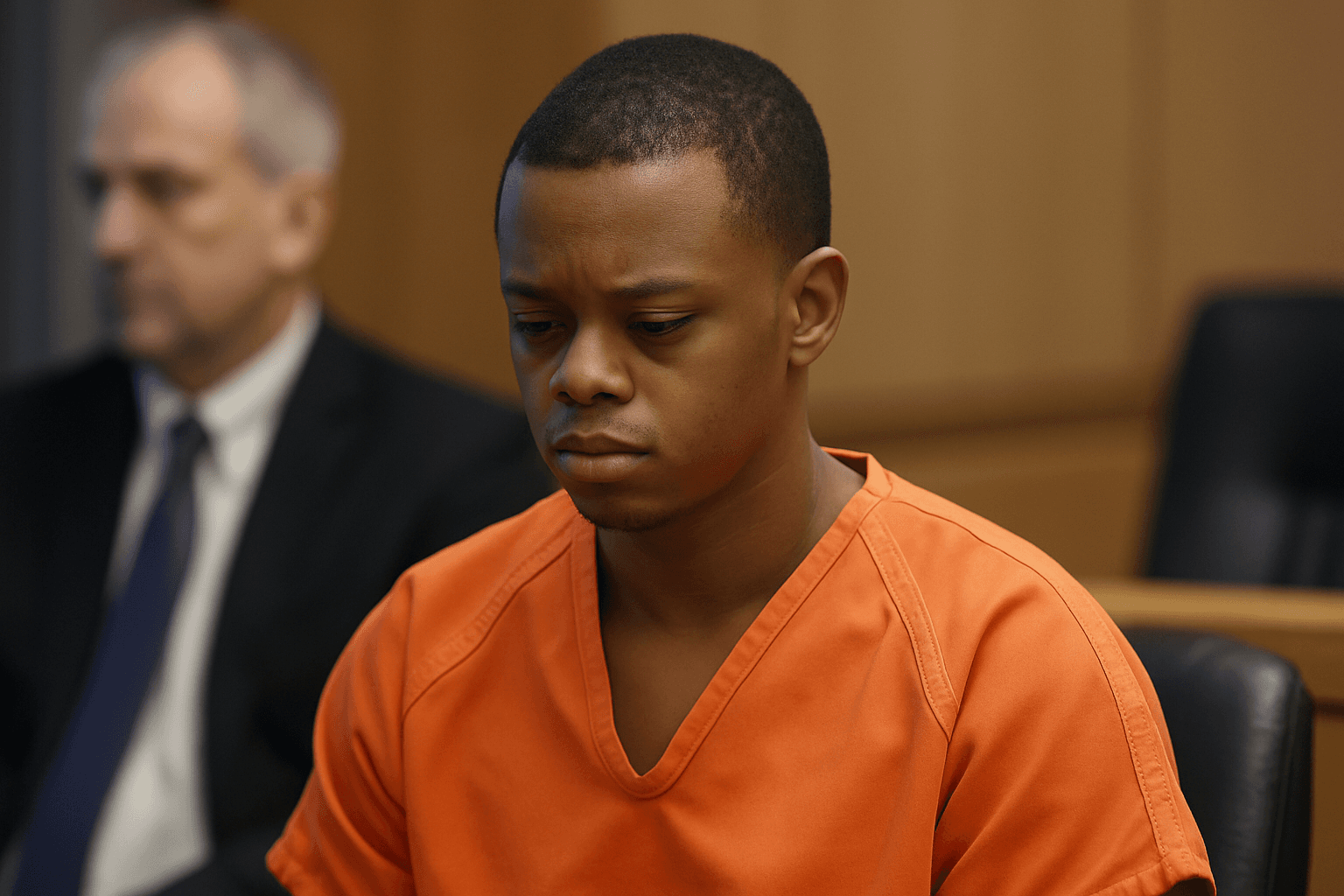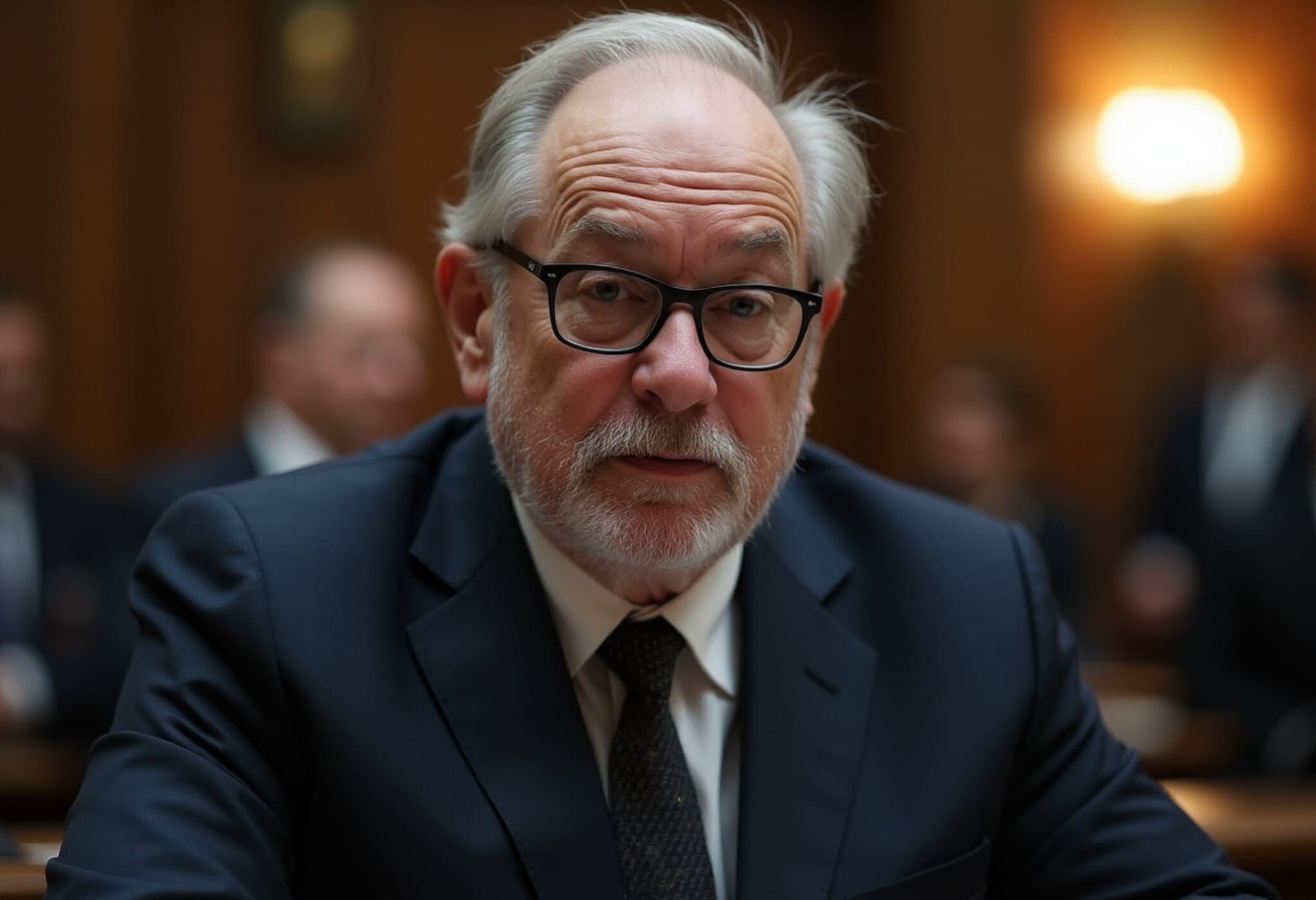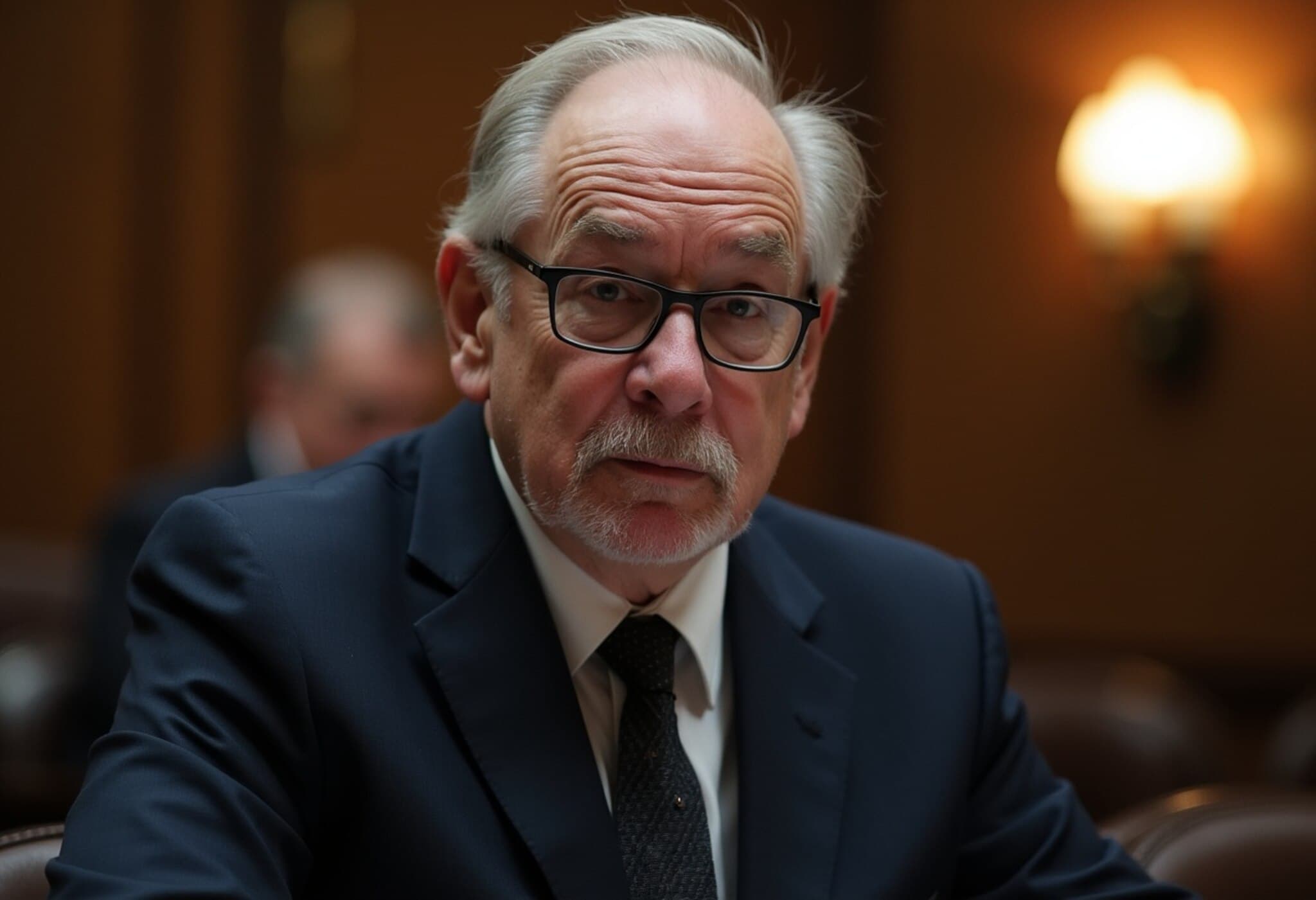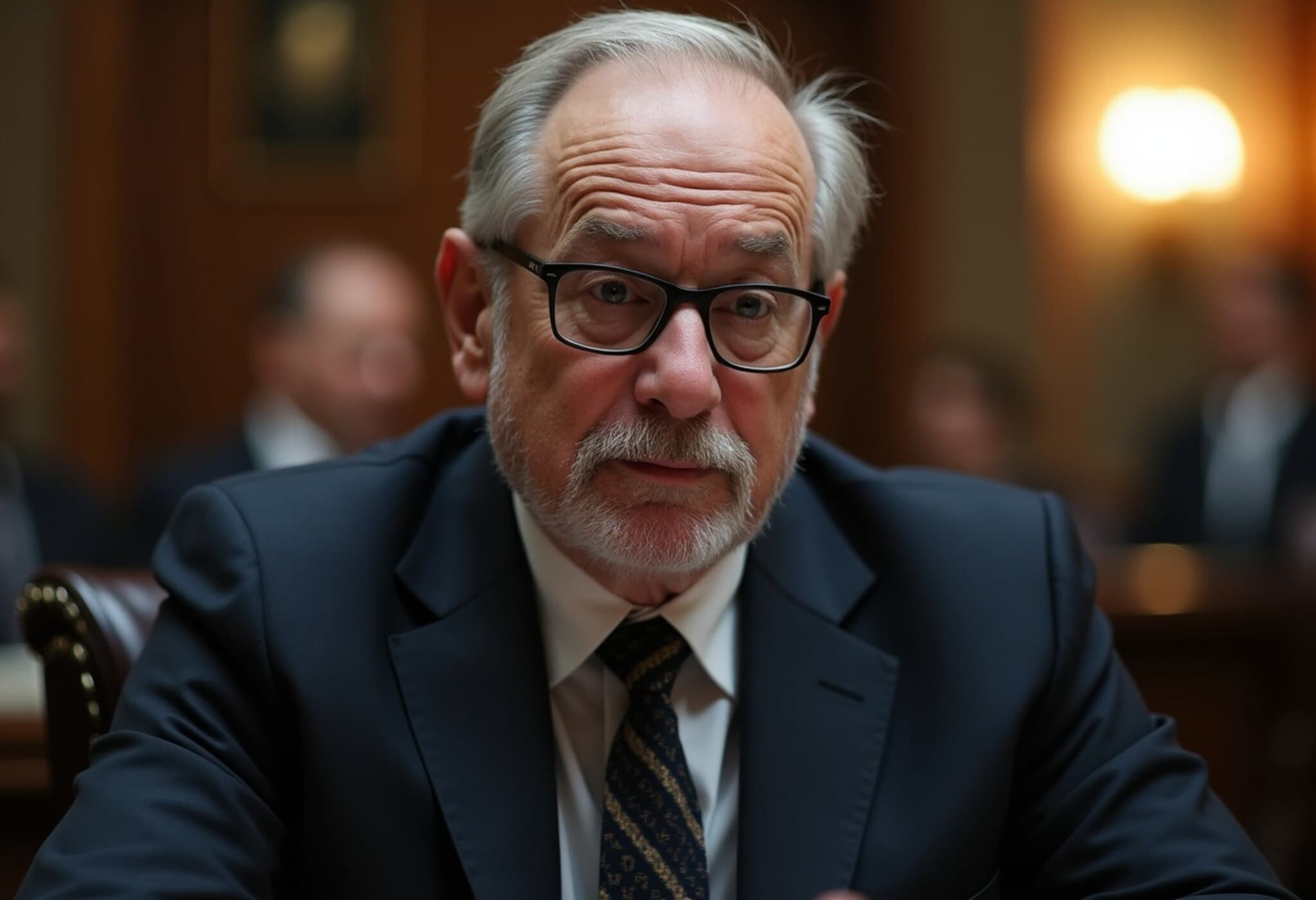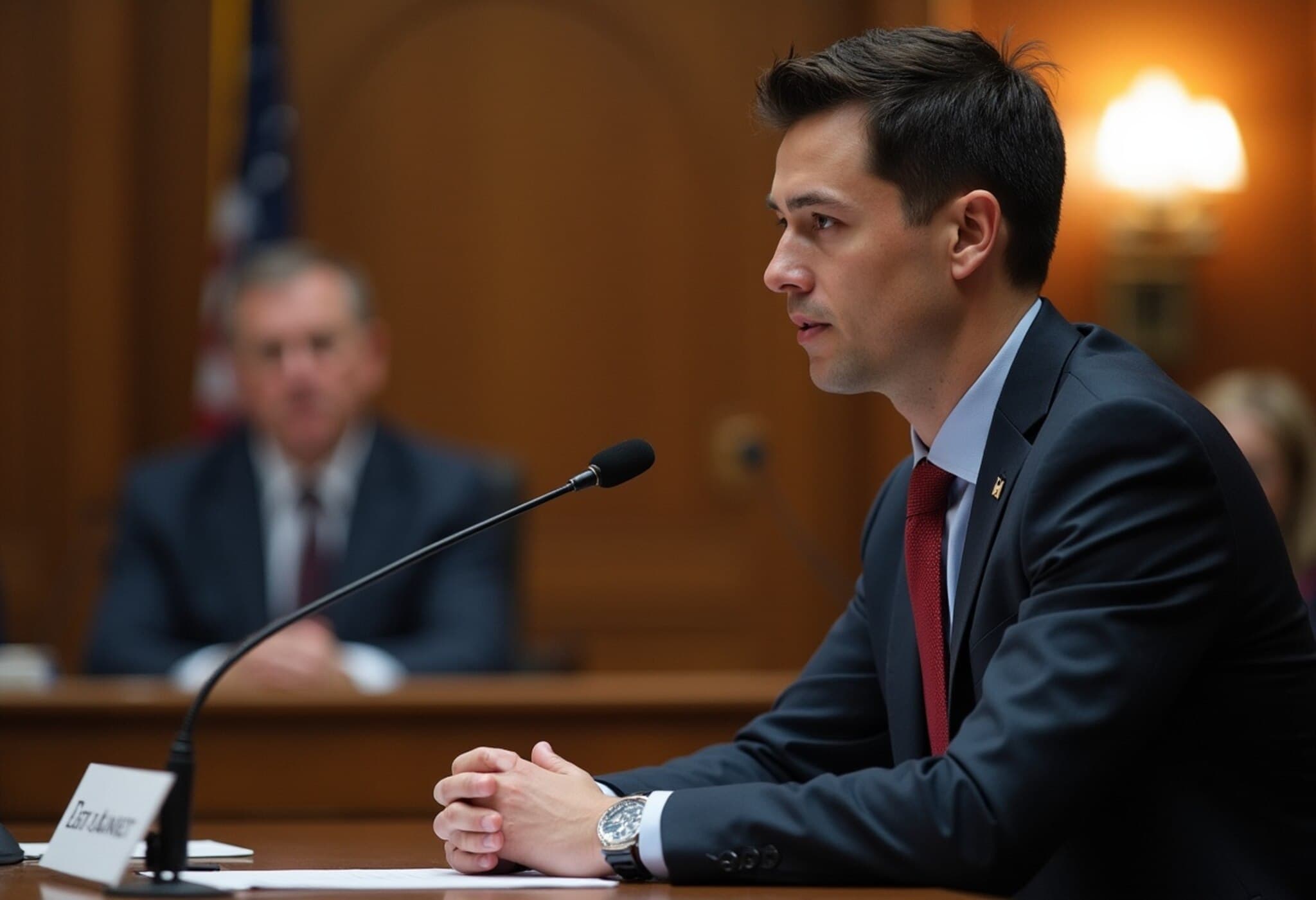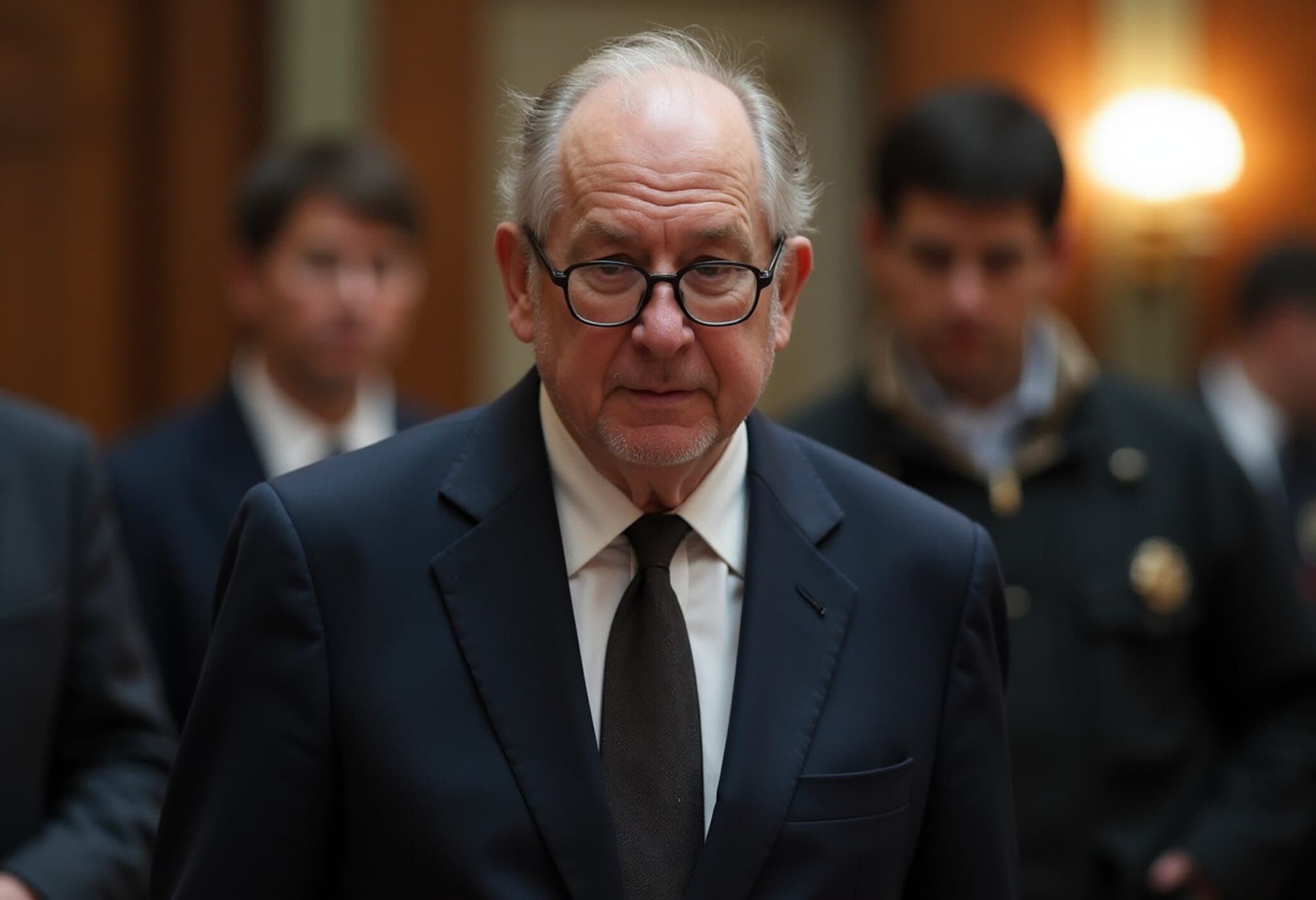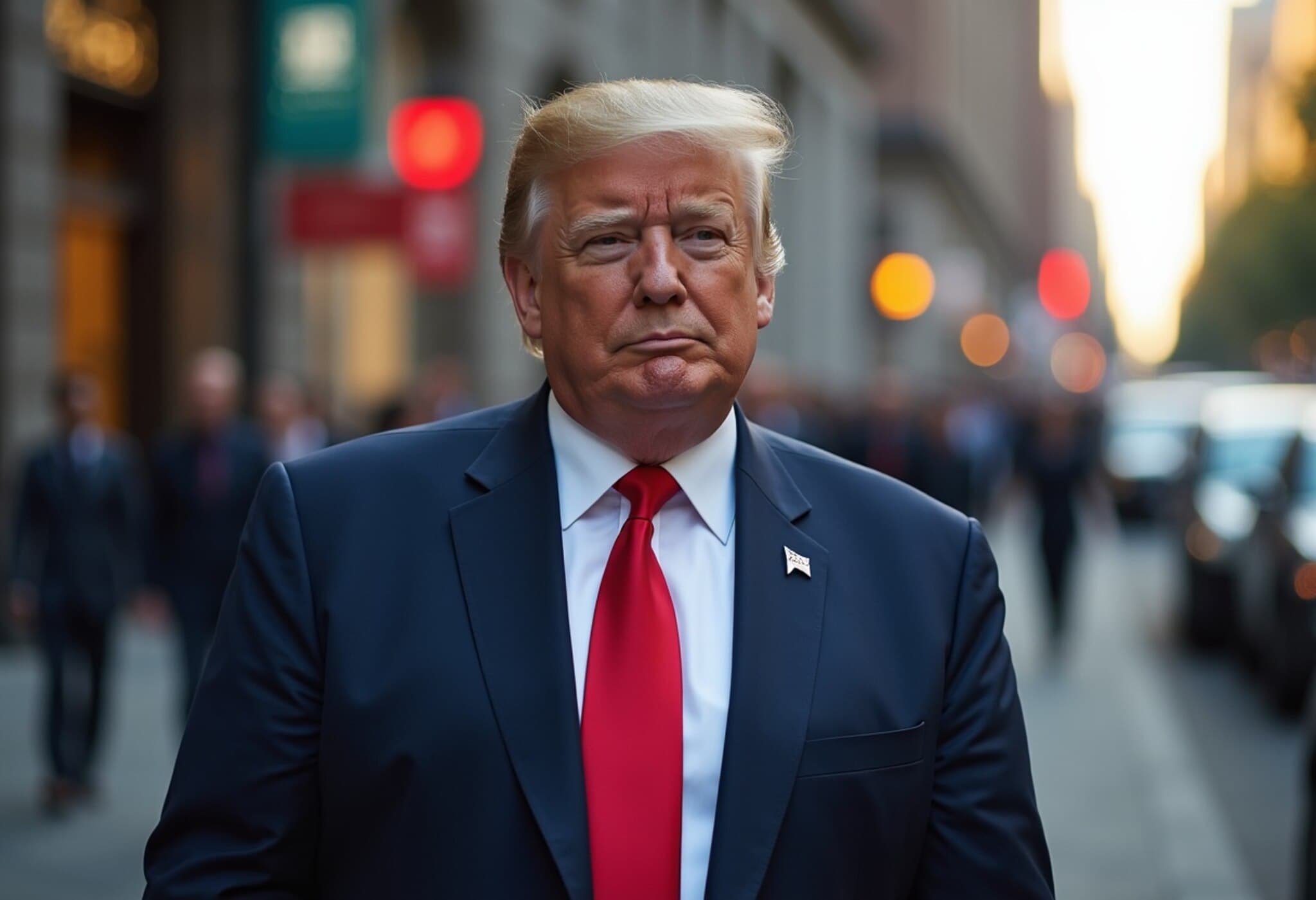Jury Reaches Partial Verdict in Harvey Weinstein Retrial
The jury deliberating the fate of former film producer Harvey Weinstein announced a partial verdict on Wednesday, convicting him of sexually assaulting one woman while acquitting him in another case. However, the jurors remained deadlocked over charges involving a third accuser, leading the judge to pause deliberations until the following day.
Details of the Verdict
After five days of intense deliberation marked by disagreements among jurors, the panel found Weinstein guilty of a criminal sexual act related to an incident involving a former production assistant on Project Runway in 2006. Conversely, he was acquitted of similar charges brought forth by former runway model Kaja Sokola, who alleged an assault that same year.
The jury was unable to reach consensus on the rape in the third degree accusation made by Jessica Mann, a charge left unresolved as the court adjourned for the day.
Weinstein’s Response and Trial Atmosphere
During a dramatic moment before announcing the verdict, Weinstein, seated in a wheelchair, passionately addressed the court, declaring, "This is not right for me—the person on trial here. Lawyers can fight all they want. This is my life on the line. It’s not fair." Judge Curtis Farber acknowledged the atypical nature of the jury deliberations but noted that such deadlocks can occur.
Accusations and Defense Strategies
Weinstein, 73, has consistently denied all allegations, with his defense team portraying the sexual encounters as consensual and transactional. His attorney went as far as to suggest the accusers were motivated by financial gain, labeling them "grifters" seeking to capitalize on Weinstein’s notoriety.
Prosecutors, however, painted a starkly different picture. They accused Weinstein of abusing his immense power in Hollywood to coerce and threaten young women eager to pursue careers in the industry. The prosecution emphasized that Weinstein had no genuine interest in supporting these women professionally — only in exploiting them physically.
Background: The Retrial and Its Origins
This retrial follows the overturning of Weinstein’s original 2020 conviction by New York’s highest court, which ruled that improper testimony related to unrelated allegations had been admitted previously. The reversal reignited a highly publicized process that continues to echo the societal reckoning sparked by the #MeToo movement.
The charges in the retrial stem from assaults that allegedly occurred between 2002 and 2013. Notably, the case includes allegations from Kaja Sokola, who testified that Weinstein began abusing her when she was only 16, including forced sexual acts at Manhattan hotels.
Health and Legal Status
Throughout the trial, Weinstein has been treated at a hospital for multiple serious health conditions, including a rare form of bone marrow cancer. Regardless of the outcome here, he faces a 16-year sentence in California for a prior rape conviction, which remains under legal challenge.
Weinstein’s Legacy and Lasting Impact
Once a titan of the film industry, Weinstein co-founded Miramax and produced acclaimed movies like Pulp Fiction, Chicago, and Shakespeare in Love. His success was shadowed by decades of rumors regarding sexual misconduct. More than 80 women have come forward accusing him of harassment or assault.
Despite the evidence and multiple convictions, Weinstein has remained defiant, admitting to "immoral" behavior but denying any criminal wrongdoing. His trials continue to spark debate over power, accountability, and justice within Hollywood and beyond.
What’s Next?
The jury will resume deliberations on Thursday to determine Weinstein’s fate on the remaining charge. Meanwhile, his legal battles continue across state lines, with public attention firmly fixed on the unfolding chapters of this high-profile case.

